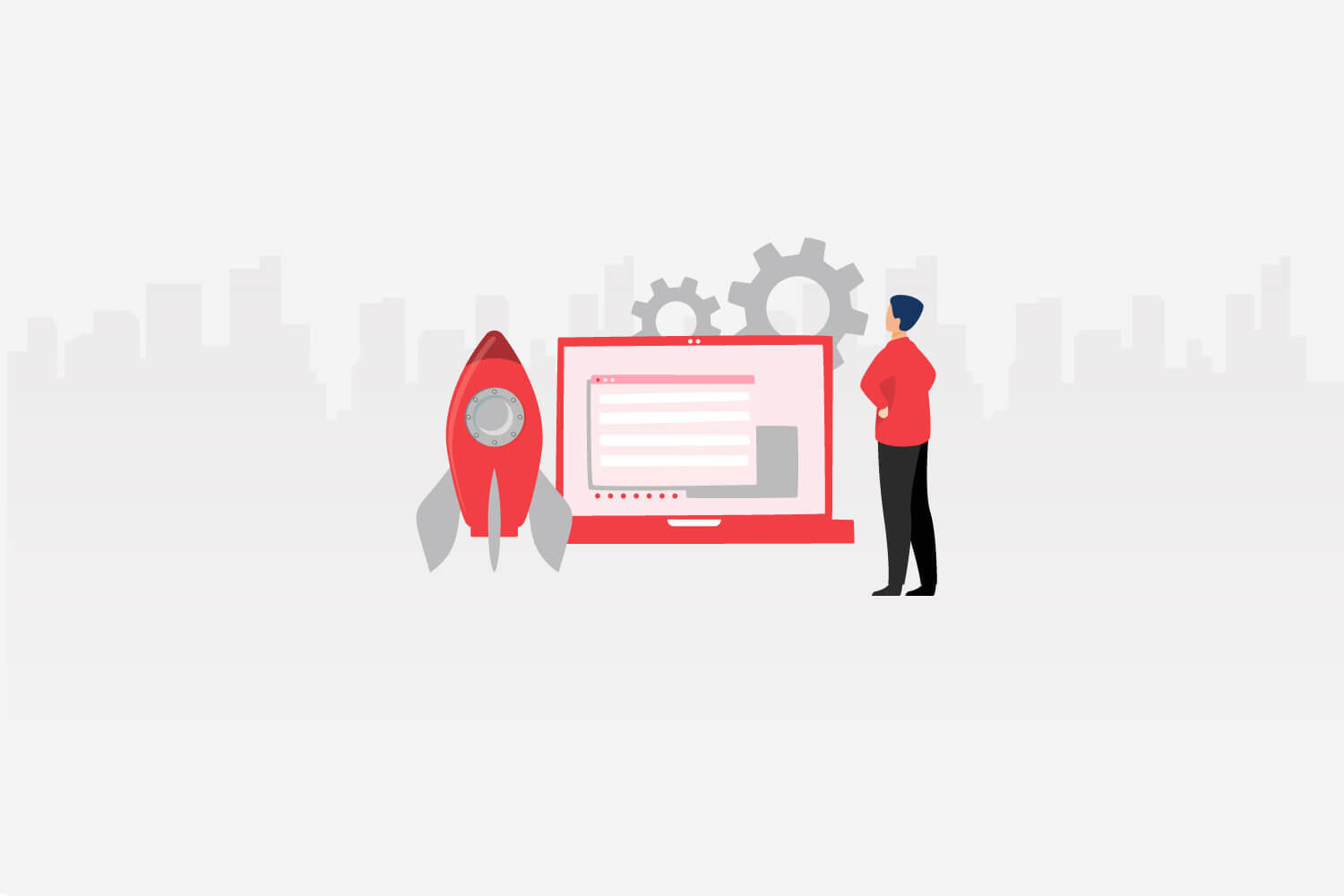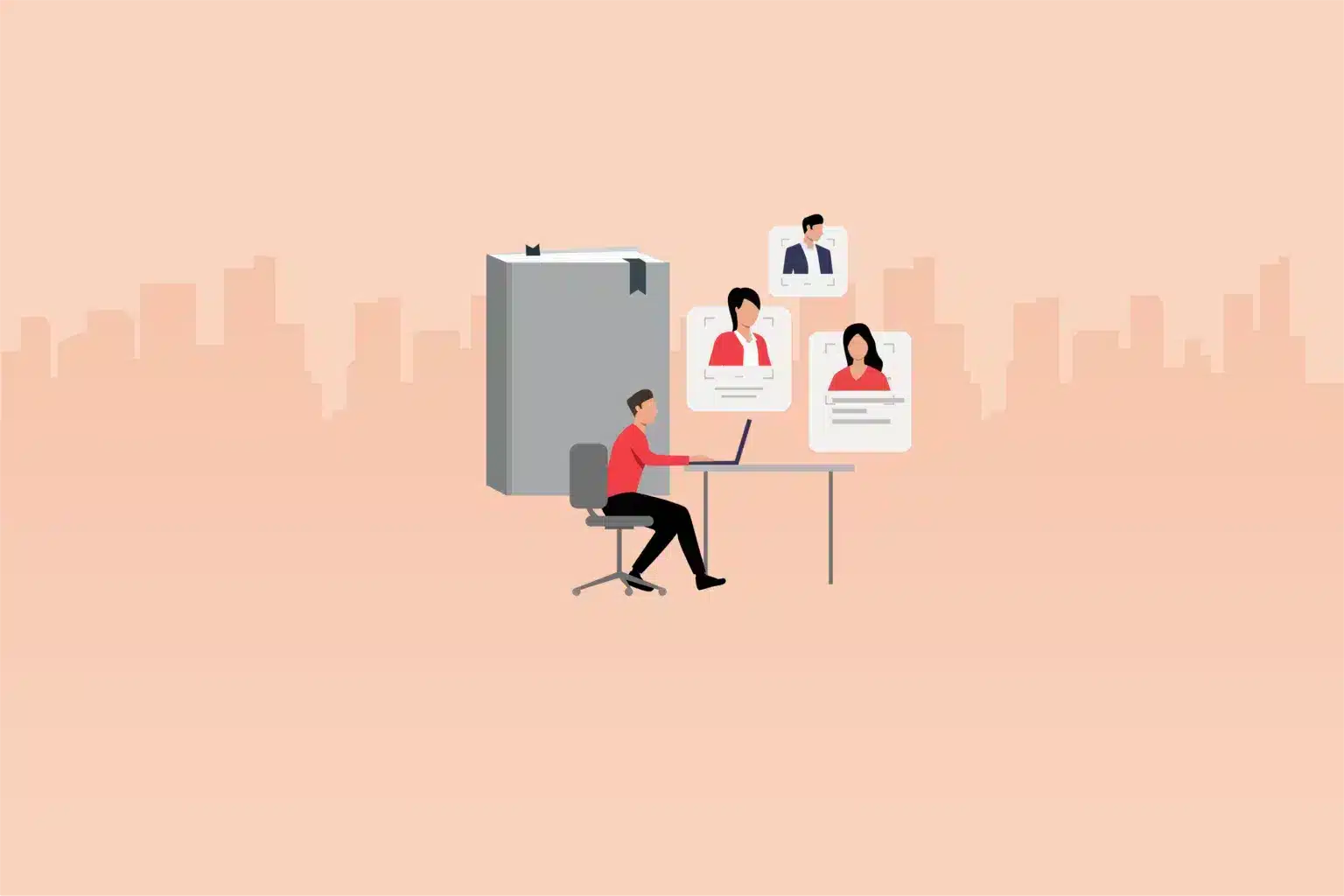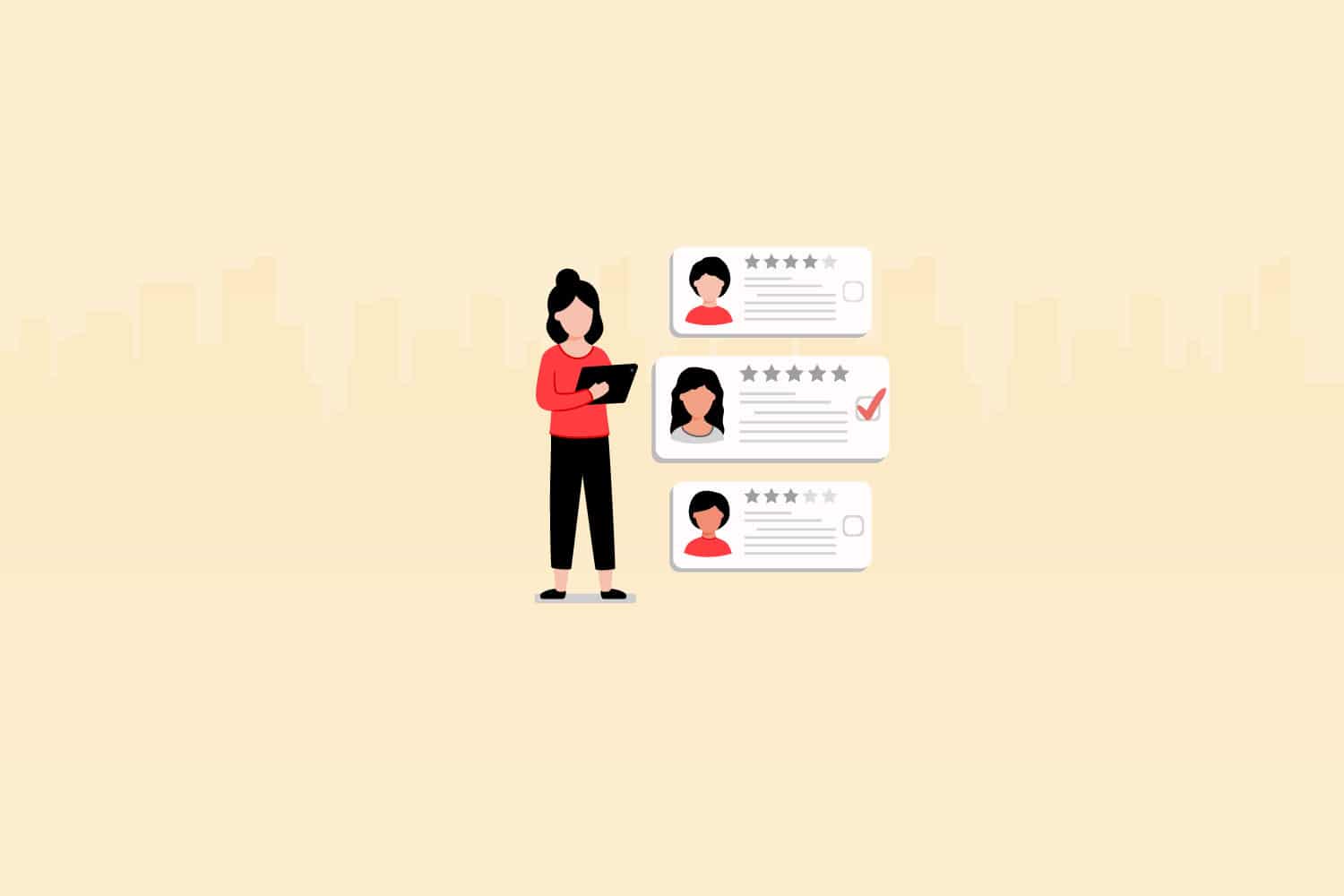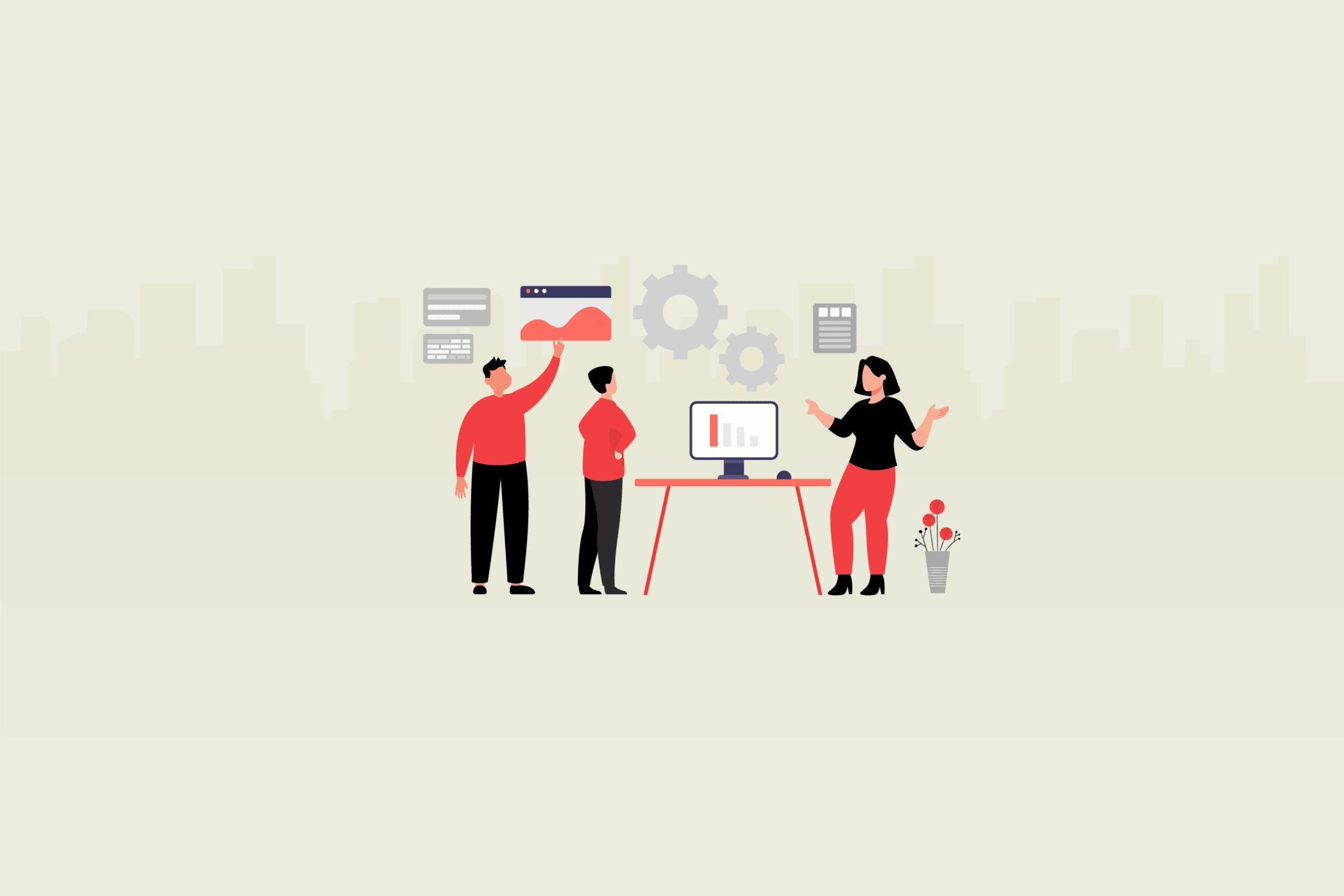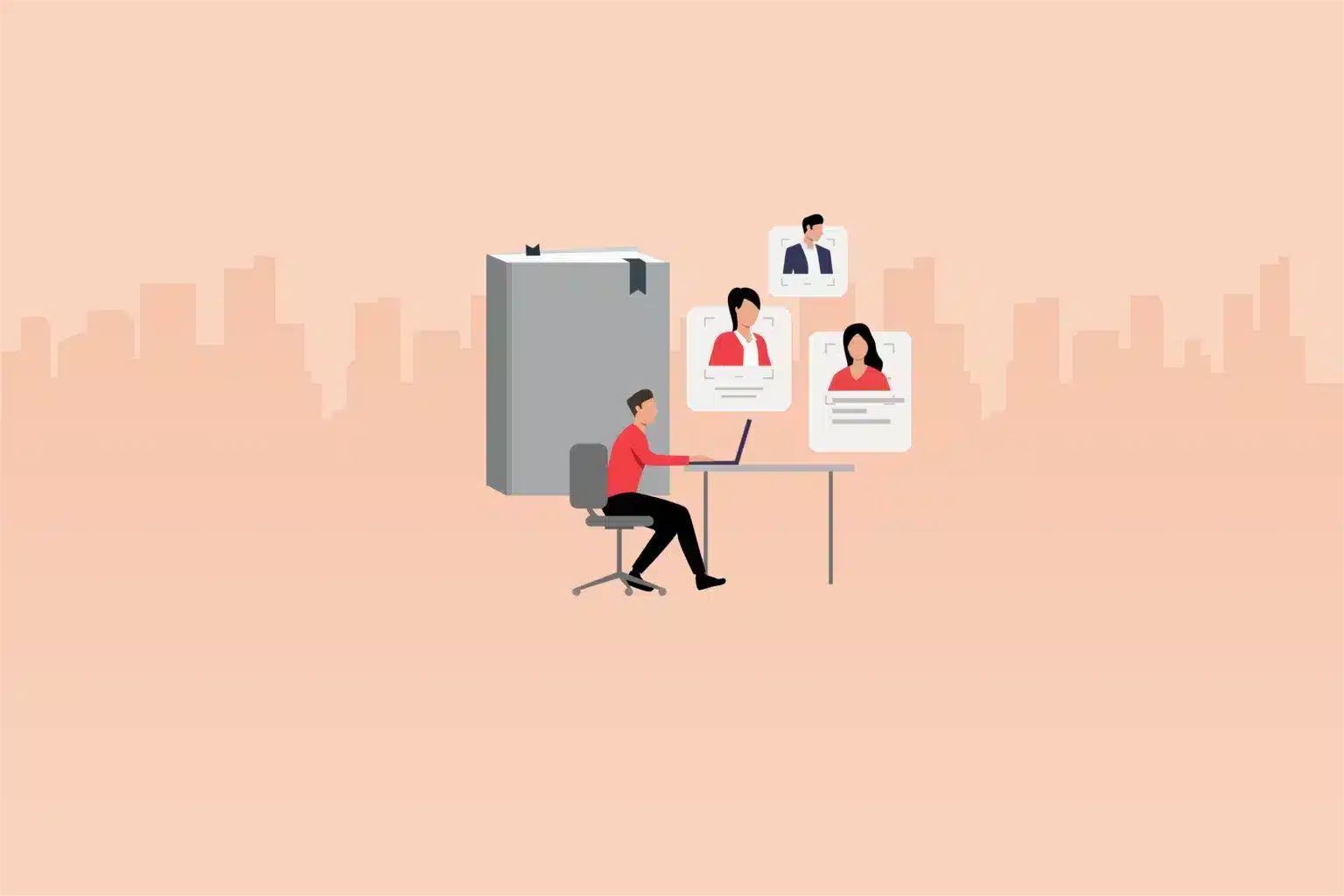The role of a Sustainability Strategist is rapidly gaining prominence in today’s business landscape, driven by the increasing importance of sustainability and corporate social responsibility. As organizations strive to create a positive impact on the environment and society while ensuring long-term profitability, the demand for skilled professionals who can navigate the complex challenges of sustainable business practices is on the rise.
According to recent analytics, the recruiting trend for Sustainability Strategists has shown a significant upward trajectory, with a notable increase in job postings across various industries. This trend reflects a growing recognition among HR professionals and CXOs of the critical role that sustainability plays in shaping the future of businesses. In this context, it becomes essential to explore the qualifications, expertise, and strategic mindset required of a Sustainability Strategist through thoughtful interview questions.
Here are the top 60 Sustainability Strategist interview questions to ask job applicants:
15 general interview questions for the Sustainability Strategist
- Can you provide an overview of your experience in developing and implementing sustainability strategies within organizations?
- How do you assess the environmental and social impact of a company’s operations? Can you provide examples of metrics or tools you have used in the past?
- Can you discuss a specific sustainability project or initiative you have led and its outcomes? How did you navigate any challenges or resistance encountered during the implementation process?
- How do you stay updated on emerging sustainability trends and best practices? Can you provide examples of how you have applied these insights in your previous roles?
- How do you prioritize sustainability goals within an organization? How do you align these goals with broader business objectives?
- How do you engage stakeholders and build partnerships to support sustainability initiatives? Can you provide examples of successful collaborations?
- Can you describe your approach to conducting a sustainability assessment or audit? What key areas do you focus on?
- How do you integrate sustainability into the supply chain and procurement processes? Can you share any strategies you have employed to promote sustainable sourcing and supplier engagement?
- How do you measure and track the progress of sustainability initiatives? Can you discuss the key performance indicators (KPIs) you have used in the past?
- Can you provide examples of how you have effectively communicated sustainability strategies and initiatives to various stakeholders, including employees, executives, and external partners?
- How do you approach employee engagement and behavior change to foster a culture of sustainability within an organization?
- Can you discuss any experience you have had in navigating regulatory requirements and compliance related to sustainability? How do you stay informed about evolving regulations?
- How do you assess and manage the financial implications of sustainability initiatives? How do you make the business case for sustainability within an organization?
- Can you describe a situation where you had to make a difficult decision to balance sustainability objectives with other business priorities? How did you approach it?
- How do you see the role of a Sustainability Strategist evolving in the future, and what steps do you take to continue developing your skills and expertise in this field?
5 sample answers to general interview questions for the Sustainability Strategist
Can you provide an example of a successful sustainability initiative you led or contributed to in your previous role?
look for: Look for candidates who can demonstrate their ability to lead and contribute to successful sustainability initiatives. Pay attention to their understanding of key sustainability concepts, their ability to identify opportunities for improvement, and their track record of implementing effective strategies.
Example answer: “In my previous role as a Sustainability Strategist at XYZ Company, I spearheaded a successful initiative to reduce energy consumption in our office buildings. I conducted a comprehensive energy audit to identify areas of improvement, and based on the findings, I developed and implemented a multifaceted strategy. This included installing energy-efficient lighting systems, implementing automated HVAC controls, and raising awareness among employees about the importance of energy conservation. As a result, we achieved a 20% reduction in energy consumption within the first year, leading to significant cost savings and a substantial decrease in our carbon footprint.”
How do you approach stakeholder engagement when developing sustainability strategies?
look for: Look for candidates who understand the importance of stakeholder engagement in sustainability initiatives. Pay attention to their ability to identify and prioritize stakeholders, their communication and relationship-building skills, and their experience in collaborating with diverse groups to drive sustainable change.
Example answer: “When developing sustainability strategies, I believe in the power of stakeholder engagement. I start by identifying key stakeholders, such as employees, customers, suppliers, and local communities. I then utilize a variety of methods to engage with them, including conducting surveys, organizing focus groups, and hosting regular meetings. By actively involving stakeholders in the decision-making process, I ensure their perspectives and concerns are heard and incorporated into the strategy. For example, in a previous project, I worked closely with local community leaders to understand their needs and concerns regarding a proposed sustainability initiative. Through open dialogue and collaboration, we were able to develop a strategy that not only addressed environmental issues but also aligned with the community’s values and aspirations.”
How do you measure the impact of sustainability initiatives?
look for: Look for candidates who have a strong understanding of sustainability metrics and measurement frameworks. Pay attention to their ability to select appropriate indicators, set targets, track progress, and analyze data to measure the impact of sustainability initiatives.
Example answer: “Measuring the impact of sustainability initiatives is crucial to evaluate their effectiveness. I believe in using a combination of quantitative and qualitative metrics to assess various aspects of sustainability. For example, I use key performance indicators (KPIs) such as energy consumption, water usage, waste generation, and carbon emissions to track the environmental impact. Additionally, I also incorporate social and economic indicators, such as employee satisfaction, community engagement, and cost savings. By collecting data regularly and comparing it against established targets, I can assess the success of the initiatives and identify areas for improvement. In a recent project, I implemented a comprehensive measurement framework that allowed us to track our progress and report on the positive environmental and social outcomes achieved.”
How do you stay updated on the latest sustainability trends and best practices?
look for: Look for candidates who demonstrate a commitment to continuous learning and staying abreast of the latest sustainability trends and best practices. Pay attention to their sources of information, participation in professional networks, and their ability to apply new knowledge to their work.
Example answer: “As a sustainability strategist, it is crucial to stay updated on the latest trends and best practices. I make it a priority to engage in continuous learning through various channels. I regularly attend industry conferences and seminars, where I can learn from experts and gain insights into emerging sustainability trends. I also actively participate in professional networks and forums, such as sustainability-focused LinkedIn groups and local sustainability associations. Additionally, I subscribe to reputable sustainability publications and newsletters, which provide me with valuable information and case studies. By constantly expanding my knowledge, I can incorporate the latest strategies and innovations into my work, ensuring that our sustainability initiatives remain at the forefront of the field.”
How do you overcome challenges or resistance when implementing sustainability initiatives within an organization?
look for: Look for candidates who can demonstrate their ability to navigate challenges and effectively manage resistance during the implementation of sustainability initiatives. Pay attention to their problem-solving skills, communication strategies, and their experience in influencing and gaining buy-in from stakeholders at various levels.
Example answer: “Implementing sustainability initiatives within an organization often comes with challenges and resistance. To overcome these obstacles, I adopt a multifaceted approach. Firstly, I ensure that I have a clear understanding of the organization’s culture and values, as well as the specific barriers that may hinder progress. Then, I develop a comprehensive communication plan that highlights the benefits and rationale behind the initiative, tailored to different stakeholder groups. I find that engaging in open and transparent communication and providing evidence-based data, helps to build trust and gain buy-in from key decision-makers and employees. Additionally, I work closely with internal champions who share the same vision, leveraging their influence to rally support and address any concerns. By proactively addressing challenges and resistance, I have successfully implemented sustainability initiatives in the face of initial skepticism, resulting in long-term organizational commitment and positive outcomes.”
15 behavioral interview questions for a Sustainability Strategist
- Tell me about a time when you successfully developed and implemented a sustainability strategy. What steps did you take, and what were the results?
- Can you share an example of a situation where you faced resistance or challenges when trying to implement a sustainability initiative? How did you handle it?
- Describe a time when you had to balance competing priorities and stakeholders’ interests while developing a sustainability plan. How did you manage it?
- Share an experience where you collaborated with cross-functional teams to drive sustainability initiatives. How did you ensure alignment and cooperation among team members?
- Tell me about a project where you had to analyze data and metrics to measure the environmental or social impact of a sustainability initiative. What tools and methodologies did you use?
- Describe a situation where you identified an opportunity for improvement in an organization’s sustainability practices. How did you go about addressing it?
- Can you provide an example of a time when you successfully engaged with external stakeholders, such as suppliers or community groups, to enhance sustainability efforts?
- Share a story where you had to influence senior management or decision-makers to invest in a sustainable initiative. How did you build your case and gain their support?
- Describe a time when you had to adapt a sustainability strategy to comply with changing regulations or industry standards. How did you ensure ongoing compliance?
- Tell me about a situation where you had to manage a tight budget while implementing a sustainability initiative. How did you prioritize investments and optimize resources?
- Share an experience where you successfully integrated sustainability principles into the company culture. How did you promote awareness and engage employees?
- Describe a project where you had to lead a team through the entire sustainability strategy development process, from initial assessment to implementation. How did you ensure their involvement and commitment?
- Tell me about a time when you had to handle a stakeholder or public relations issue related to sustainability. How did you communicate effectively and manage the situation?
- Describe a situation where you had to evaluate and select external partners or vendors for sustainability projects. What criteria did you use, and how did you ensure their alignment with your goals?
- Share an example of a time when you had to manage multiple sustainability projects simultaneously. How did you prioritize tasks and ensure their successful execution?
5 sample answers to behavioral interview questions for the Sustainability Strategist
- Tell me about a time when you successfully developed and implemented a sustainability strategy. What steps did you take, and what were the results?
look for: Look for candidates who can provide a clear and structured example of their experience in developing and implementing sustainability strategies. Pay attention to their ability to outline the steps they took, demonstrate their understanding of key sustainability concepts, and highlight the positive outcomes achieved.
Example answer: “In a previous role as a Sustainability Strategist at ABC Company, I successfully developed and implemented a sustainability strategy focused on waste reduction. The first step I took was conducting a comprehensive waste audit to identify areas of improvement. Based on the findings, I collaborated with cross-functional teams to establish waste reduction goals and initiatives. We implemented measures such as source segregation, employee training programs, and partnerships with waste management consulting firms and vendors. As a result, we achieved a 40% reduction in overall waste generation within one year, leading to cost savings and a positive environmental impact.”
- Can you share an example of a situation where you faced resistance or challenges when trying to implement a sustainability initiative? How did you handle it?
look for: Look for candidates who can effectively communicate their experience in overcoming challenges and resistance when implementing sustainability initiatives. Pay attention to their problem-solving skills, resilience, and ability to navigate complex situations.
Example answer: “During a previous sustainability initiative focused on renewable energy adoption, I faced resistance from some senior leaders who were skeptical about the financial feasibility. To address this, I conducted a thorough analysis and presented a compelling business case highlighting the long-term cost savings and reputational benefits. I also sought support from influential stakeholders, such as the CFO and key board members, who understood the strategic value of sustainability. By addressing concerns, providing evidence-based data, and engaging in open dialogue, I was able to gain their support and successfully implement the renewable energy initiative, resulting in significant energy cost reductions and a reduced carbon footprint.”
- Describe a time when you had to balance competing priorities and stakeholders’ interests while developing a sustainability plan. How did you manage it?
look for: Look for candidates who can demonstrate their ability to navigate conflicting priorities and manage stakeholders effectively. Pay attention to their communication and negotiation skills, as well as their ability to find mutually beneficial solutions.
Example answer: “In a previous role, I was tasked with developing a sustainability plan that addressed both environmental concerns and cost considerations. However, there were conflicting priorities between different departments and stakeholders. To manage this, I conducted individual meetings with key stakeholders to understand their perspectives and concerns. Through active listening and collaboration, I identified common ground and developed a sustainability plan that aligned with the organization’s broader goals. By transparently communicating the benefits and involving stakeholders in the decision-making process, I was able to gain their support and successfully balance competing interests.”
- Share an experience where you collaborated with cross-functional teams to drive sustainability initiatives. How did you ensure alignment and cooperation among team members?
look for: Look for candidates who can demonstrate their ability to collaborate effectively with diverse teams and align them towards sustainability goals. Pay attention to their leadership and communication skills, as well as their ability to foster a collaborative and inclusive work environment.
Example answer: “In a previous project focused on reducing water consumption, I worked closely with cross-functional teams, including operations, engineering, and facilities management. To ensure alignment and cooperation, I initiated regular meetings and established clear roles and responsibilities for each team member. I also facilitated open discussions to encourage the exchange of ideas and expertise. By actively involving everyone in the decision-making process, ensuring their voices were heard, and recognizing their contributions, I fostered a sense of ownership and commitment among team members. This collaborative approach resulted in the successful implementation of water-saving measures, achieving a 30% reduction in water usage within six months.”
- Tell me about a situation where you had to adapt a sustainability strategy to comply with changing regulations or industry standards. How did you ensure ongoing compliance?
look for: Look for candidates who demonstrate their ability to stay informed about evolving regulations and adapt sustainability strategies accordingly. Pay attention to their knowledge of relevant regulations, their ability to assess impacts, and their experience in implementing compliant strategies.
Example answer: “In a previous role, I was responsible for ensuring the organization’s compliance with evolving carbon emissions regulations. When new regulations were introduced, I conducted a thorough analysis of their impact on our operations and sustainability goals. I collaborated with stakeholders, including legal and operations teams, to develop an updated sustainability strategy that aligned with the new requirements. To ensure ongoing compliance, I implemented monitoring systems, regularly reviewed data, and provided training to employees on the importance of adherence. By staying proactive and adapting the strategy, we successfully maintained compliance and achieved our emission reduction targets, avoiding any potential penalties.”
15 personality interview questions for the Sustainability Strategist
- How do you handle ambiguity and uncertainty when developing sustainability strategies?
- Describe a time when you demonstrated resilience in the face of setbacks or challenges during a sustainability initiative.
- Can you provide an example of how you have demonstrated creativity and innovation in developing sustainable solutions?
- How do you approach collaboration and teamwork when working on sustainability projects?
- Tell me about a time when you had to make a difficult decision that balanced both sustainability and business priorities.
- Describe your approach to problem-solving in the context of sustainability. How do you identify root causes and develop effective solutions?
- How do you prioritize sustainability initiatives and manage multiple projects simultaneously?
- Describe a situation where you had to influence others to adopt more sustainable practices. How did you approach it?
- How do you ensure that your sustainability strategies align with the company’s overall goals and values?
- Tell me about a time when you had to navigate competing interests and stakeholders’ expectations while maintaining your sustainability focus.
- How do you stay updated on emerging trends and best practices in sustainability?
- Describe a situation where you had to lead and inspire a team to embrace sustainability principles. How did you motivate them?
- How do you approach risk assessment and mitigation in sustainability initiatives?
- Tell me about a time when you had to communicate complex sustainability concepts to non-technical stakeholders. How did you ensure their understanding?
- How do you demonstrate your commitment to personal and professional growth in the field of sustainability?
5 sample answers to personality interview questions for Sustainability Strategist
- How do you handle ambiguity and uncertainty when developing sustainability strategies?
look for: Look for candidates who demonstrate adaptability, resilience, and a proactive approach to addressing uncertainty in sustainability strategies. Pay attention to their ability to prioritize and make informed decisions in dynamic environments.
Example answer: “I thrive in situations that involve ambiguity and uncertainty. When developing sustainability strategies, I approach them with a flexible mindset and a willingness to adapt. I understand that sustainability is a rapidly evolving field, and new challenges and opportunities may arise. To address uncertainty, I proactively gather information, conduct thorough research, and consult with subject matter experts. I also develop contingency plans and scenario analyses to anticipate potential outcomes. By embracing uncertainty as an opportunity for innovation and growth, I can develop robust sustainability strategies that withstand changing circumstances.”
- Describe a time when you demonstrated creativity and innovation in developing sustainable solutions.
look for: Look for candidates who display a creative and innovative mindset when approaching sustainability challenges. Pay attention to their ability to think outside the box, propose novel ideas, and implement unique solutions.
Example answer: “In a previous role, we were facing challenges in reducing waste generation in our manufacturing processes. Instead of following traditional waste reduction methods, I took a different approach and explored the concept of upcycling. I initiated a pilot project to repurpose waste materials into new products, collaborating with local artists and designers. This innovative solution not only reduced waste but also created a new revenue stream for the company. By thinking creatively and fostering collaboration across different sectors, we turned what could have been a conventional waste reduction effort into a sustainable and profitable initiative.”
- How do you approach collaboration and teamwork when working on sustainability projects?
look for: Look for candidates who value collaboration, inclusiveness, and effective communication in their approach to sustainability projects. Pay attention to their ability to build relationships, leverage diverse perspectives, and foster a cooperative work environment.
Example answer: “I believe that collaboration is essential for successful sustainability projects. When working on sustainability initiatives, I actively seek input from cross-functional teams, stakeholders, and external partners. I promote a collaborative environment by encouraging open dialogue, active listening, and mutual respect. I value diverse perspectives and ensure that everyone’s contributions are acknowledged and incorporated into the decision-making process. By fostering a sense of shared ownership and creating opportunities for collaboration, we can leverage the collective expertise and passion of the team to achieve impactful and sustainable outcomes.”
- How do you prioritize sustainability initiatives and manage multiple projects simultaneously?
look for: Look for candidates who can effectively manage priorities and multitask when working on multiple sustainability projects. Pay attention to their organizational skills, ability to set realistic goals and deadlines, and their approach to managing resources.
Example answer: “Managing multiple sustainability projects requires effective prioritization and resource allocation. I begin by assessing the strategic importance and urgency of each initiative. I work closely with stakeholders to align on priorities and set realistic goals and timelines. I break down larger projects into smaller, manageable tasks and delegate responsibilities accordingly. I utilize project management tools and techniques to track progress and ensure that each project receives the necessary attention and resources. By establishing clear priorities, setting realistic expectations, and maintaining open communication, I can successfully manage multiple sustainability initiatives and drive progress towards our goals.”
- How do you demonstrate your commitment to personal and professional growth in the field of sustainability?
look for: Look for candidates who have a passion for continuous learning and development in the sustainability field. Pay attention to their initiatives to stay informed about the latest trends and best practices, as well as their involvement in professional networks or sustainability-related activities.
Example answer: “I am deeply committed to personal and professional growth in the field of sustainability. I actively seek out opportunities to expand my knowledge and stay updated on emerging trends and best practices. I regularly attend sustainability conferences and webinars, participate in workshops, and engage in discussions with experts in the field. Additionally, I am a member of several sustainability-focused professional networks where I exchange ideas and learn from peers. I also contribute to sustainability publications and share my insights through thought leadership articles and speaking engagements. By continuously investing in my own growth and development, I can bring fresh perspectives, innovative ideas, and a deep understanding of sustainability to my work as a strategist.”
When should you use skill assessments in your hiring process for Sustainability Strategist?
Skill assessments can be valuable tools to incorporate into the hiring process for Sustainability Strategists. Assessments are important because they provide an objective and standardized way to evaluate a candidate’s specific skills and competencies relevant to the role. They help to validate the claims made in a candidate’s resume or interview, providing deeper insights into their abilities and potential for success in the position.
In the context of hiring a Sustainability Strategist, assessments can be used to evaluate skills such as data analysis and interpretation, project management, stakeholder engagement, sustainability reporting, and strategic thinking. These assessments can involve practical exercises, case studies, or simulations that simulate real-world scenarios the candidate may encounter in the role. By assessing these skills, employers can gain a more comprehensive understanding of a candidate’s capabilities and their fit for the position.
Some specific assessments that can be used to evaluate skills for Sustainability Strategists include:
- Data analysis and interpretation assessments
These assessments can evaluate a candidate’s ability to analyze and derive insights from sustainability data, such as carbon footprint calculations or sustainability metrics.
- Case studies or simulations
These assessments present candidates with hypothetical sustainability challenges and assess their problem-solving, critical thinking, and decision-making abilities.
- Stakeholder engagement exercises
These assessments simulate scenarios where candidates have to engage with diverse stakeholders, such as community groups, suppliers, or regulatory agencies, and evaluate their communication, negotiation, and relationship-building skills.
- Sustainability reporting assessments
These assessments can evaluate a candidate’s knowledge of sustainability reporting frameworks, such as GRI or CDP, and their ability to effectively communicate sustainability performance and impacts.
- Strategic thinking assessments
These assessments can evaluate a candidate’s ability to develop and articulate long-term sustainability strategies aligned with organizational goals, considering factors such as risk management, innovation, and business value.
By incorporating skill assessments into the hiring process for Sustainability Strategists, employers can make more informed decisions, reduce biases, and increase the likelihood of hiring candidates with the necessary skills and competencies to drive sustainability initiatives effectively.
Use our interview questions and skill tests to hire a talented Sustainability Strategist
Unlock the potential of your hiring process with Testlify’s comprehensive skill assessments and interview questions specifically designed for Sustainability Strategist.
Our extensive test library offers a wide range of assessments, including cognitive function, personality, situational judgment, programming, and more. By leveraging these assessments, you can objectively evaluate candidates’ abilities, ensuring you shortlist the most talented individuals efficiently.
To further enhance your hiring process, we invite you to book a free 30-minute live demo. Our expert team will guide you through the platform, showcasing relevant skill tests tailored to your hiring needs. With our support, you can streamline candidate selection, saving valuable time and resources.
Ready to find the perfect fit for your Sustainability Strategist role? Testlify provides the tools you need to make informed hiring decisions. Explore our skill assessments and interview questions today to uncover exceptional talent for your team.
